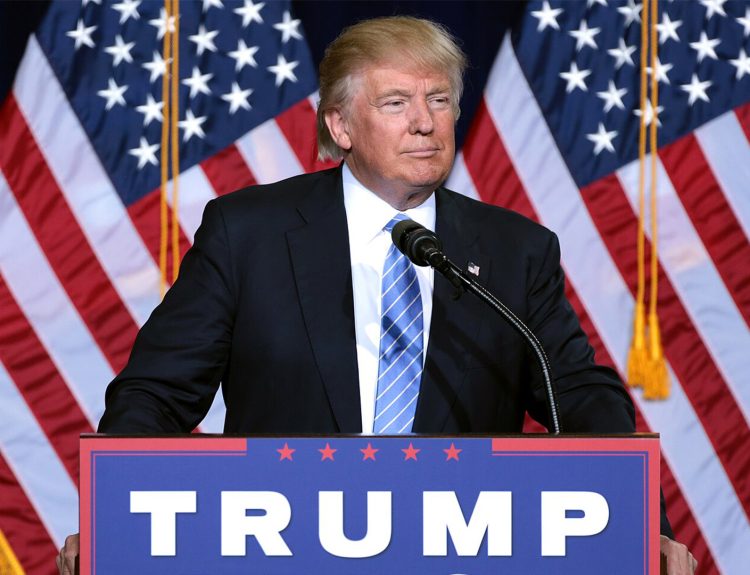As times change, more people are moving away from organized religion as a source of spiritual uplifting. This shift is influenced by many reasons, from personal beliefs to the evolving influence of technology. In this list, we’ll explore 15 reasons behind the decline.
Science and Skepticism

In the digital era where search engines and the internet have made it far more easy to access information, people have traded in blind faith in religion in favor of scientifically supported explanations. This growing skepticism has led people to move away from organized religion en masse.
Cultural and Social Changes

With the heavy focus on celebrating diversity, people are embracing other perspectives and personal autonomy, leaving traditional religions facing the challenge of adapting and evolving. The hurdle for religious institutions has been to find a way to include those whose beliefs challenge the status quo.
Generational Changes

The younger generations are more often expressing a preference for secularism, prioritizing individualism over institutionalized religion.
Rigidity Issues

Some people distance themselves from organized religion because of the perceived rigidity and unwillingness to adapt to changing values.
Diverse Spiritual Options

Over the past couple of decades there has been a move towards mainstream acceptance of non-traditional spiritual paths. Because of this sentiment, people feel more free to explore choices beyond traditional religions.
Freedom in Spiritual Exploration

In today’s world, more people crave the freedom to explore their spirituality in more unconventional ways. The sentiment that personal beliefs are as diverse as everyone’s personal journey is more common than ever. This desire for an individualized approach to spirituality is just one of the reasons why more people just aren’t religious anymore.
Scandals and Broken Trust

Scandals in the past decades have broken public trust leaving traditional organized religious institutions struggling to keep followers. For followers who crave authenticity and transparency, the need for trust and openness becomes crucial leaving people to reevaluate their connection with organized religion.
Free Flowing Information

With most people having a smartphone and internet access at their fingertips, easy access to diverse information has empowered people to make more informed decisions about religious choice.
Negative Experiences With Religion

Bad experiences and religious trauma have led many to question their religions and ultimately leave their faith.
Focus on Individualism

As a cultural emphasis on individualism has made people more hyper-focused on “self” there has been a declined interest in collective religious doctrines.
The Rise of Atheism and Agnosticism

With the acceptance of atheism and agnosticism as society, there has been less stigma attached to the idea of not identifying with more traditional religions.
Changing Morality Views

Evolving views on morality have prompted people to look for moral guidance outside of traditional religious institutions where there is more room for more viewpoints.
LGBTQ+ Inclusivity

The lack of inclusivity offered by some religious for LGBTQ+ groups as well as their stance on issues that affect them has led many, especially from the LGBTQ+ community, to disengage.
A Secular Society

There has been a shift from traditional religion because of the influence of technology, science, education, and social media. Not to mention the principle of the separation of church and state, which was woven into the very fabric of our society, has become even more of a focus in today’s society due to the increased access to free flowing information.
Busy Lifestyles

In today’s society, hectic and busy lifestyles leave little spare time for religious practices and community involvement.






